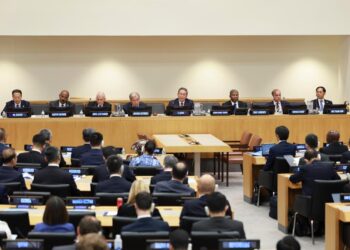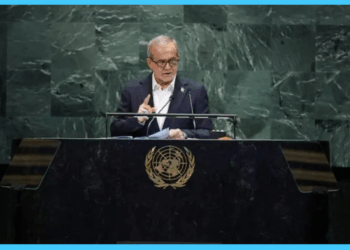
Islamabad: In the wake of deadly floods in the Swat River that claimed several lives, Senator Sherry Rehman, Chairperson of the Senate Standing Committee on Climate Change and Environmental Coordination, issued a strong statement linking the tragedy to escalating climate change impacts rather than random natural causes. Extending her condolences to grieving families and expressing concern for the missing, she underscored that Pakistan must confront climate stress as a systemic and urgent challenge.
Speaking on Friday, Senator Rehman stressed that the incident—where over 70 individuals were reportedly trapped in seven locations, with six confirmed dead and 52 rescued—was not an isolated natural event. Instead, she pointed to supercharged monsoon activity, driven by climate stress, as the root cause. She cited similar climate-related emergencies across the country, from glacial lake outburst floods in Gilgit-Baltistan to extreme heatwaves in Sindh touching 50°C.
“Such tragedies are not accidental,” she said, warning that Pakistan is ill-prepared for recurring climate hazards due to a lack of coordinated and systemic responses. Despite warnings issued by the National Disaster Management Authority (NDMA) two days prior to the Swat floods, she noted that many people failed to heed them, highlighting the limitations of traditional measures like Section 144 in the face of modern, compounding environmental threats.
Senator Rehman emphasized the need to change both public perception and policy language, arguing that calling such incidents “natural disasters” ignores their human-driven causes. She called for a national shift in mindset and policy, recognizing climate change as a core development issue, not a peripheral concern.
Citing Pakistan’s alarming position as the top country on the Global Climate Risk Index for 2025, she urged immediate and inclusive climate action at all levels of governance. Rehman also called on the media to hold policymakers accountable and push for clarity in the public discourse around climate disasters.
“These are not just unfortunate accidents—they are the direct result of climate change,” she concluded, pressing for urgent, integrated strategies to address the growing environmental risks facing Pakistan.
























